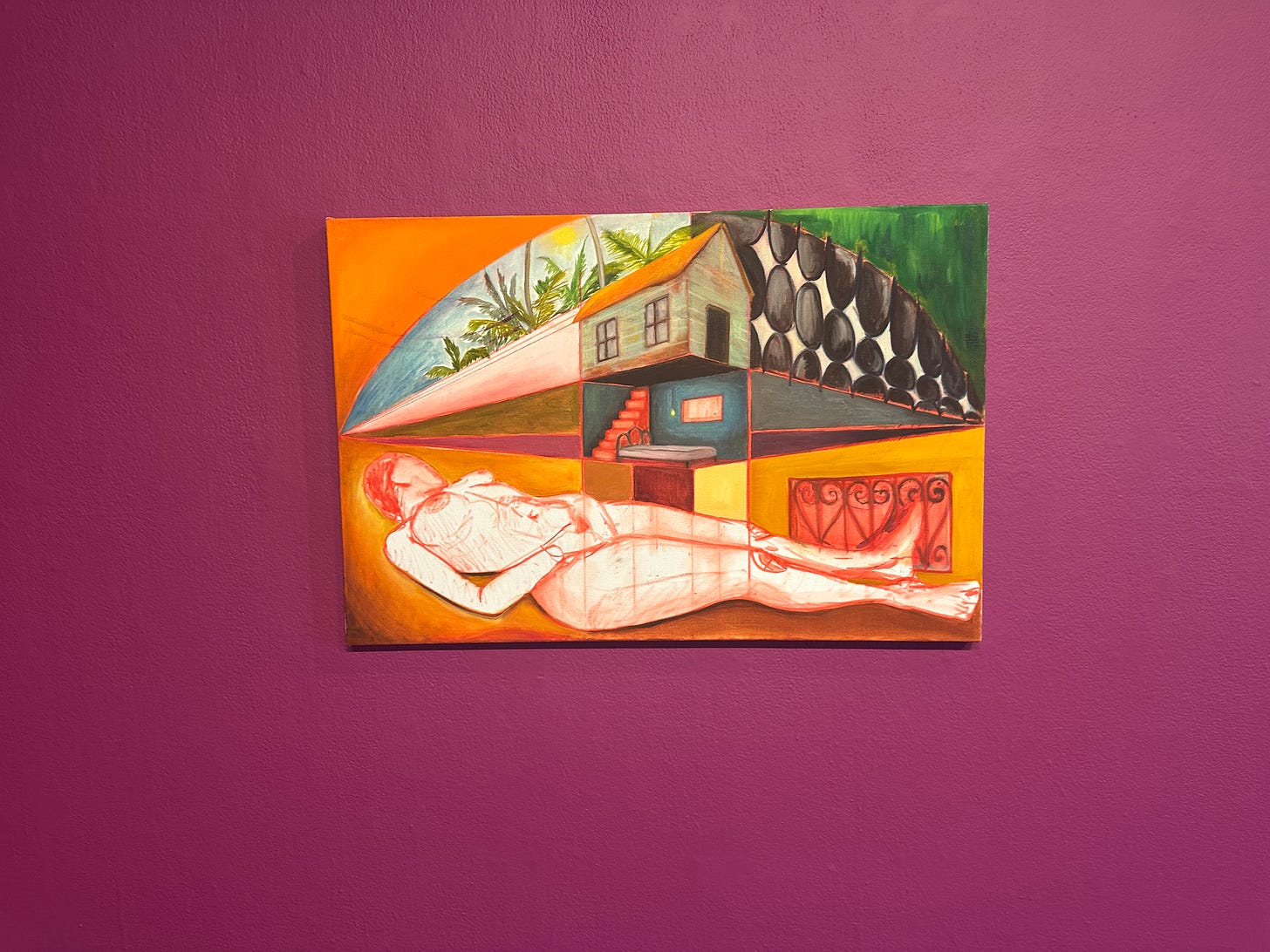My belief is that it will be less harrowing for some people to step out of cyclical paradigms of harm if they are not requested to step so blindly into the decolonized future. But that’s just it. The future is the future. Is uncertain and the complex of most complex problems, and we cannot predict it. So we need imagination to aid us in our belief of what we can make possible. Imagination unbinds us from constraint-based thinking.
I tell someone, "You are living in a broken house. Here, come let me destroy it for you, deconstruct, decolonize. Here, let me make sure it never stands again. And where are you in this? Homeless, vulnerable to the winds.
Instead, can l invite you into my home, can I inspire you with my ingenuity, can you see my construction and the mistakes I've made along the way embedded in the crooked stone floors and the leaking faucet? And do I give you time to come to see some of it before you move in?
…
Of course, with this example, I am specifically and especially talking about those who are not actively participating in egregious harm.
How and where to draw the line, I don't know, but lives should never depend on someone feeling comfortable. Showing you the house does not mean respectability politics, does not mean one person's comfort is greater than another's humanity and survival.
This idea started after seeing this woman's business [for reparative corporate practices], and I found that the business side of my brain felt threatened by how she described her services. I felt like "who would ever come to you and hire you to do these things the way you say?" It sounds like you want me to invite you into my home to break all my things. And I'm [thinking this as] the person who agrees with [the work] she's doing! But how do we get clients to come to us? How can [I] create a process or a framework that instead tells you we are rehoming you and some of your things, you will have to let go to make space.





